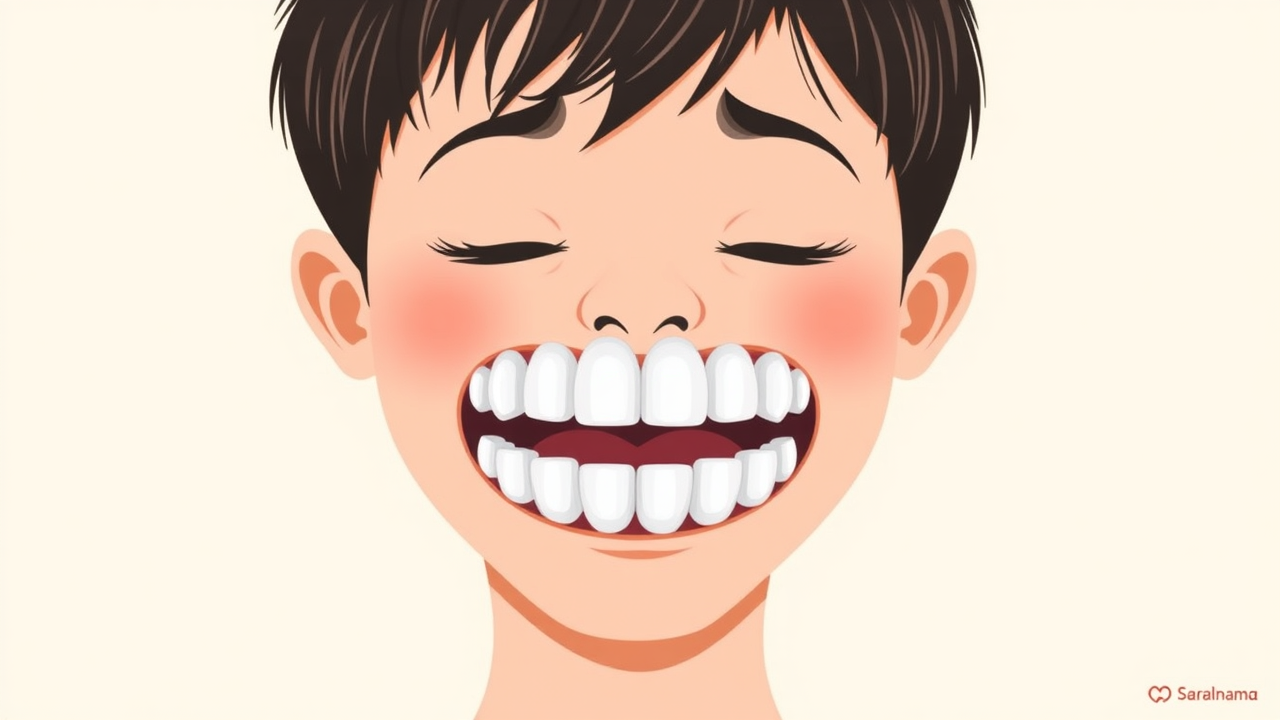A rare dental condition has come into focus after an 11-year-old child from Brazil was found to have 81 teeth. The condition, called hyperdontia, refers to having more teeth than the standard count of 20 baby teeth or 32 permanent adult teeth. While having one or two extra teeth is uncommon, having three or more is extremely rare, affecting between one in 10,000 to one in a million people, according to 2025 data from the Dentistry Journal. In the Brazilian case, the 81 tooth-like structures were surgically removed and identified as a compound odontoma, a benign tumour made of tiny tooth elements. This is not typical hyperdontia. Experts emphasize the importance of early diagnosis through dental X-rays or 3D scans, as untreated extra teeth can cause crowding, infections, bite problems, and even speech difficulties, especially in children and teenagers.

Understanding Hyperdontia and Its Diagnosis
Hyperdontia means having extra teeth beyond the usual count. These additional teeth, called supernumerary teeth, can appear anywhere in the mouth but are most common in the upper front jaw. They often grow as small, peg-shaped teeth known as a mesiodens. Many people remain unaware of the condition until a dentist notices unusual delays in tooth eruption, crowding, or odd spacing. Diagnosis is confirmed through dental X-rays or 3D scans. Hyperdontia can sometimes indicate deeper genetic conditions like Cleidocranial Dysplasia or Gardner's Syndrome, so dentists typically review full medical history alongside imaging. Early detection is crucial to prevent complications.
Treatment Options and Risks of Ignoring Hyperdontia
Treatment depends on the number of extra teeth and whether they cause problems. Surgical removal is usually recommended when teeth crowd others, block eruption, or cause pain and infection. Children often need orthodontic treatment afterward to align remaining teeth properly. If extra teeth are deeply buried and symptomless, regular monitoring with X-rays may suffice. However, untreated hyperdontia can lead to serious issues: crowded or misaligned teeth, impacted permanent teeth, jaw discomfort, hygiene challenges, and speech problems. These complications significantly affect quality of life, especially in adolescents. Early intervention prevents long-term physical and emotional impacts, making timely diagnosis essential.
Source: Link
